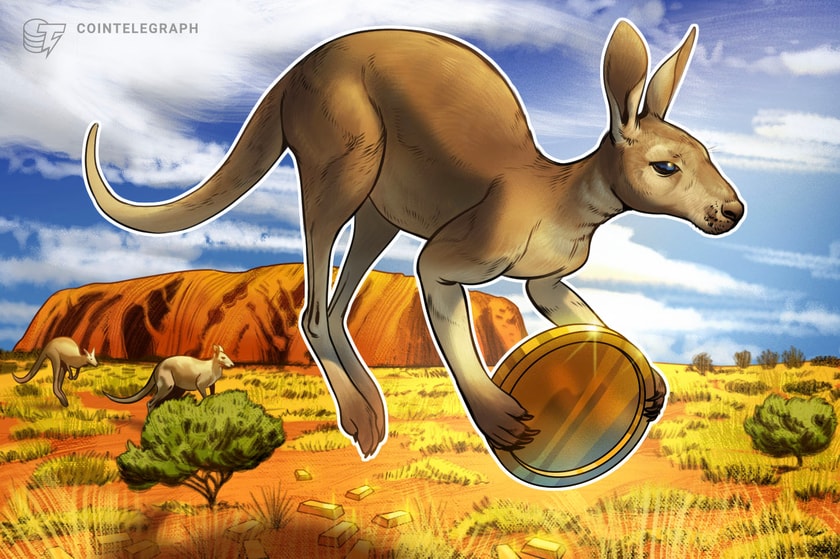Australian stock exchange may consider listing tokenized real-world assets

The tokenized asset would need to be “appropriately backed” but could “absolutely” be listed in the future, said ASX chief information officer Dan Chesterman.
The Australian Securities Exchange (ASX) is unlikely to directly list a cryptocurrency on its exchange but could consider an “appropriately-backed” tokenized real-world asset such as gold.
Speaking to Cointelegraph, Dan Chesterman, the ASX’s CIO and group executive of technology and data said while there are hurdles for it to directly list a cryptocurrency the company could consider listing tokenized real-world assets.
“There’s been, in the past, challenges associated with getting to the stage we could directly list a cryptocurrency mainly because it doesn’t meet a lot of the listing rules,” Chesterman said.
“Could I imagine us potentially, in the end, having a tokenized product listed on us? Absolutely.”
The ASX is the 16th largest stock exchange in the world by market capitalization, according to a March 28 Yahoo Finance report. As of the first quarter of 2023, the ASX accounted for nearly 82% of the total dollar turnover in local equity market products, per data from the Australian Securities and Investment Commission.

Chesterman’s approach to blockchain aligns with earlier comments made by major banking executives who suggested the narrative around blockchain has become one around being an “efficiency driver.”
“The experimentation with blockchain is not going away in large banks and large institutions,” said Howard Silby, chief innovation officer at National Australia Bank (NAB).
“There’s a lot of high friction high-value customer processes that remain a very ripe area of innovation.”
Meanwhile, Sophie Gilder, Commonwealth Bank’s managing director of blockchain and digital assets believes tokenization of assets and smart payments could drive significant efficiencies while reducing risks and costs.
“In the current market, it’s harder to talk about the upside of digital assets. Instead, I think it’s more about efficiency, and there’s a lot to be gained there,” Gilder said.
“So we’ve moved from irrational exuberance, which actually was not great for the market apart from, perhaps attracting capital, to a focus now on what is the add-on utility.”
Over the last year, ASX has faced criticism over its decision to suspend the blockchain-based upgrade of its nearly 30-year-old clearing and settlements system, which has already cost up to $166 million ($255 million Australian dollars).
Related: Blame game rages over ASX’s failed CHESS system blockchain upgrade
Chesterman reiterated however that the decision was not a “rejection” of blockchain technology.
“Our decision to pause was based on our assessment that we were seeing some delays occurring and reoccurring and we didn’t want to go through a process where there was a prolonged and ongoing delay, and that would have an impact on our customers,” he said.
“We made a very deliberate decision […] to pause in order to not create an ongoing state of uncertainty.”
Chesterman said the exchange continues to work with infrastructure company Digital Assets for its blockchain development platform Synfini.
Magazine: Crypto City guide to Sydney: More than just a ‘token’ bridge



